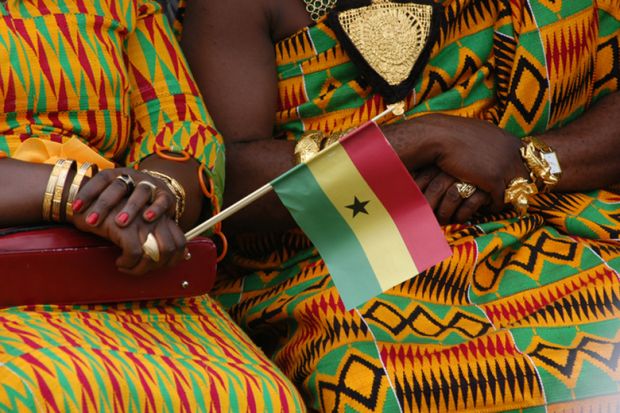When observing Africa from afar, a crucial question to consider is the extent to which the process of decolonisation established the conditions for meaningful freedom for the continent’s peoples. The history of 20th-century Africa is marked by inspirational leaders such as Kwame Nkrumah, Thomas Sankara and Nelson Mandela, who all sought to advance the cause of freedom from various forms of oppression and subjugation. Yet it is quite clear that freedom has not in any meaningful sense been achieved in much of the continent. In fact, following independence, “freedom” in a political, economic or cultural sense has been largely absent for the majority of Africans, for reasons ranging from the failures of liberation movements to the ravages of neoliberal economics, which have had wide-ranging and largely negative consequences.
The central theme of African Freedom is the nature and terrain of post-liberation freedom across the continent. This rather nebulous concept is analysed through the often neglected perspectives of literary authors and film-makers. Using such creative media, juxtaposed against an assessment of interdisciplinary academic works, Phyllis Taoua charts instrumental, substantive and existential freedoms through a range of case studies. What she makes clear throughout the book is that African cultural outputs have often been at the forefront of challenging and questioning the realities of freedom since independence.
What is most important about Taoua’s approach is that, through an exploration of books and films by some of the continent’s most renowned artists, we discover how they have critically engaged in debates and produced multi-layered representations of the ongoing struggles for freedom. Although politics and economics undeniably have an overarching impact on the fulfilment of “freedom”, the book also explores relatively under-represented but implicitly interconnected themes, including individual choice, gender relations and spirituality (although the chapter devoted to this last theme feels relatively thin). The most significant section of the book is its analysis of how women have struggled against the triple lock of patriarchy, capitalism and national politics, which has subjugated them in both public and private settings. Such narratives are often left unexamined by academic works but play a central role in extending the wider struggle for freedom by activists and artists.
The use of African fiction and cinema offers an informative and intriguing analytical basis to explore the concept of freedom, yet the inclusion of Taoua’s own experiences seems slightly out of place. I can see why these have been used to add “life” to the book beyond the confines of conventional academic writing, but they sit somewhat uncomfortably with the main narrative drive of each chapter and do not meaningfully develop the critical assessments that are being established.
Ultimately, this is a fine work; it provides a comprehensive, perceptive and engaging intervention into the multifaceted concept and realities of freedom that continue to materially affect Africa. We are forced to challenge our own understanding of freedom and, through pan-African cultural case studies, rethink how we perceive the continent.
Matt Graham is a lecturer in history at the University of Dundee and the author of Contemporary Africa (2018).
African Freedom: How Africa Responded to Independence
By Phyllis Taoua
Cambridge University Press
336pp, £71.99 and £21.99
ISBN 9781108427418 and 46167
Published 26 July 2018
POSTSCRIPT:
Print headline: Through the arts, a luta continua
Register to continue
Why register?
- Registration is free and only takes a moment
- Once registered, you can read 3 articles a month
- Sign up for our newsletter
Subscribe
Or subscribe for unlimited access to:
- Unlimited access to news, views, insights & reviews
- Digital editions
- Digital access to THE’s university and college rankings analysis
Already registered or a current subscriber?





